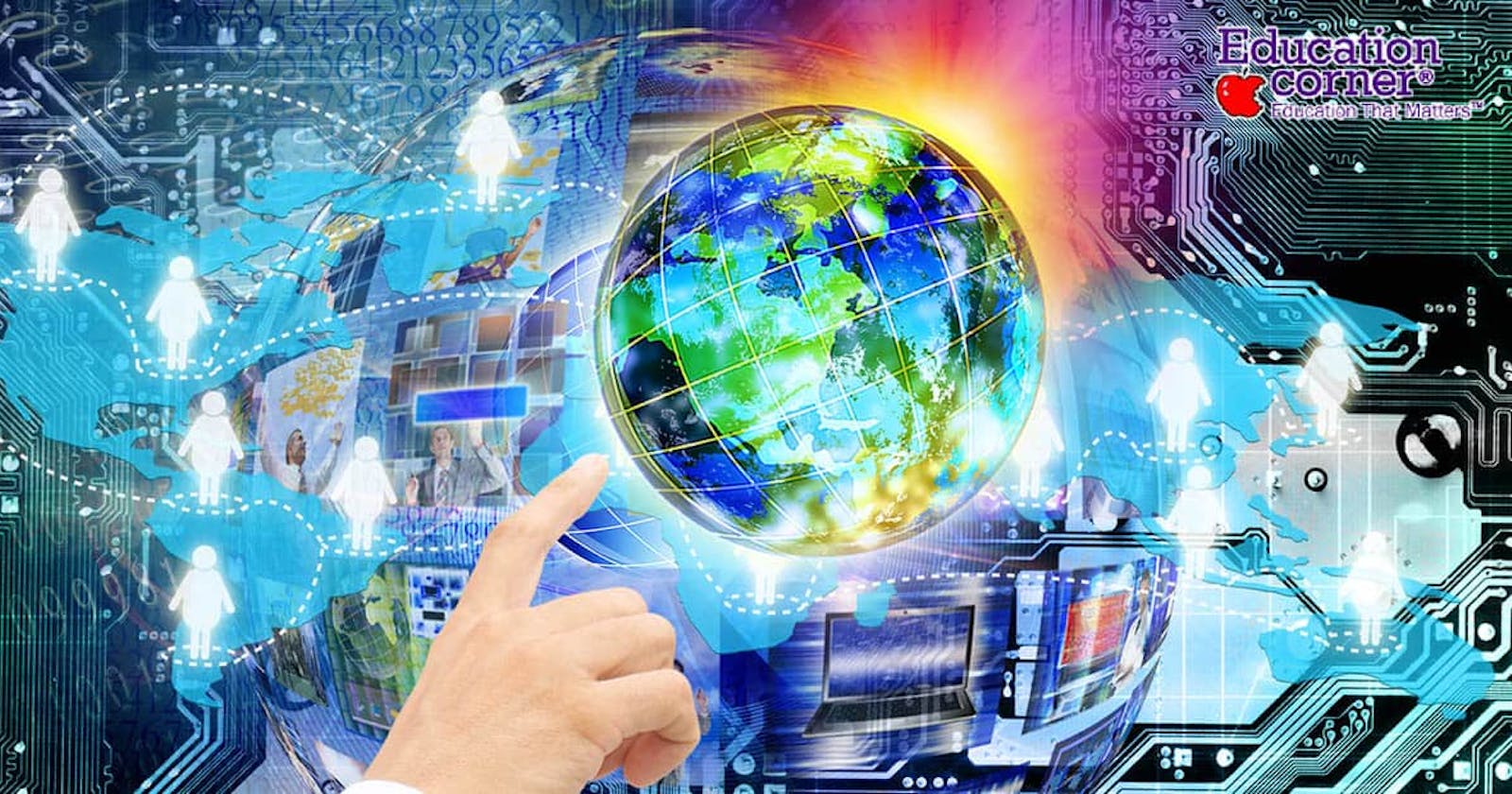Technology would revolutionize the future: UNESCO ICT Frame work in education as a case study.
Education is part of the bedrock of any society.
For a society that fails to educate its people, it has itself to blame in the future.
That is why many countries across the globe provide several forms of education as it profits the nation in the long run.
Some countries are getting it right by doing this.
On another end, there are still high values of illiteracy across the world.
According to a World Bank report, it is estimated there are more than 770 million people still uneducated. Very Large numbers.
Going by the plans of the Sustainable Development Goals (SDGs) education goal of 2030,it will take a longer time to achieve.
Presently,
48 out of 150 countries missed both education 2030 framework for action financing benchmark.
2 out of 3 countries postponed data collection for a year due to the pandemic.
In the words of former United Nations Secretary-General, Dr. Kofi Atta Annan
Education is a human right with immense power to transform. On its foundation rest the cornerstones of freedom, democracy, and sustainable human development.
UNESCO
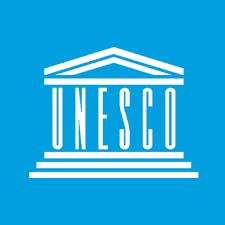
The United Nations Educational Scientific and Cultural Organization (UNESCO) formed in 1945, has made it part of its mission to ensure that
Attaining quality education for all and lifelong learning
Mobilizing science knowledge and policy for sustainable development
Addressing emerging social and ethical challenges
Fostering cultural diversity, intercultural dialogue, and a culture of peace
Build inclusive knowledge societies through information and communication.
Plans of UNESCO for Education
With the establishment of the UNESCO Institute for Information Technologies in Education(IITE) over two decades ago, UNESCO adopted the technology for the education model.
The Institute promotes the innovative use of ICT to serve as a facilitator and enabler for achieving SDG 4 through ICT-enabled solutions and best practices.
Frameworks
Some parts of the frameworks include:-
ICT Competency Framework for Teachers
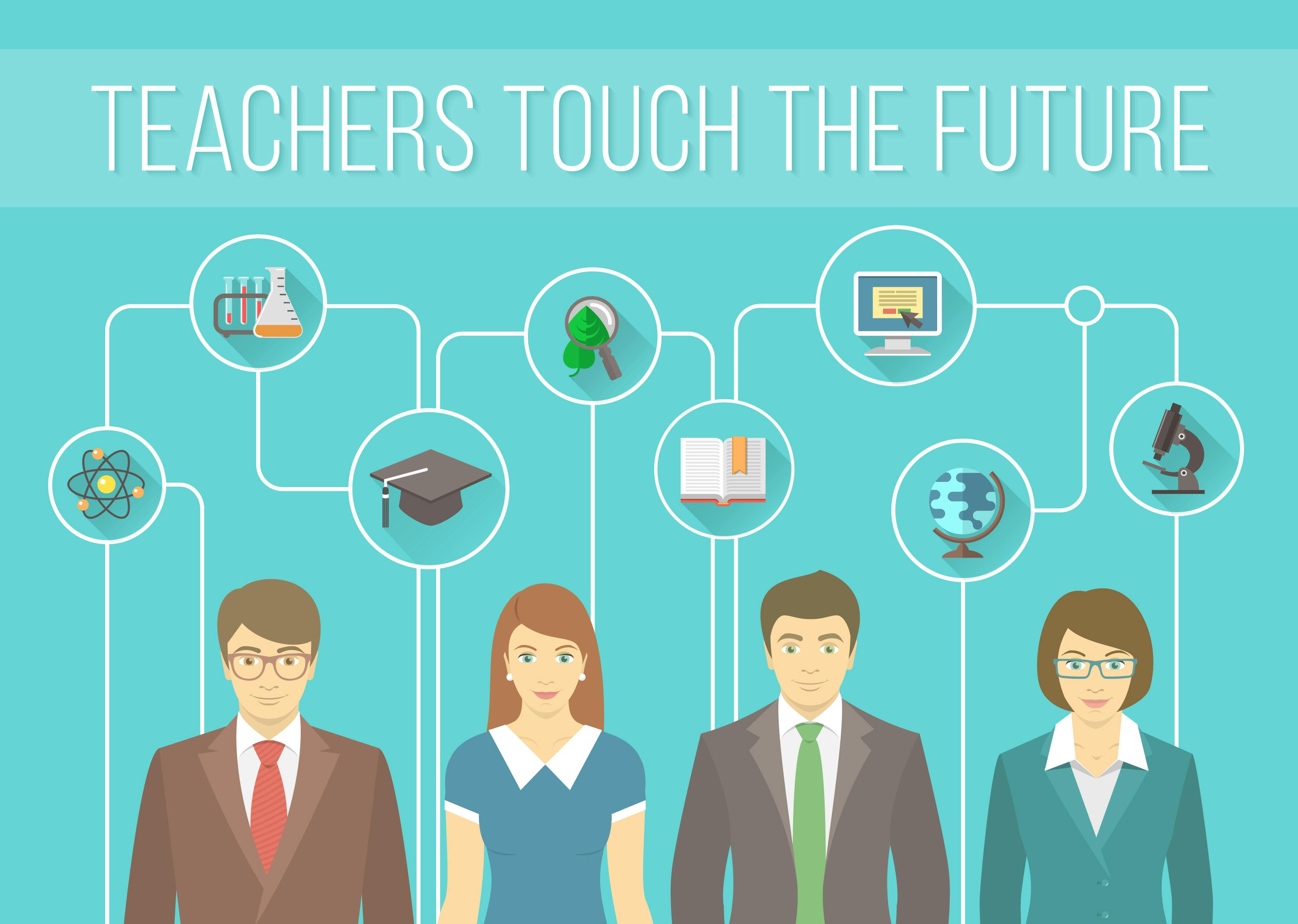
Who remembers this episode of New Tech in Abbot elementary when a new computer program was introduced to the school to help students with reading, and Mrs. Barbara Howard was struggling to do the activity but refused to ask for help?
Despite the initial persuasion from Janine to help out. Till she later agreed to the help when she finds herself in a tricky situation.
Like Mrs. Howard, there are many teachers across the world struggling to adjust their teaching method with technology.
With the new ICT competency framework, there will be an integration of teaching and learning which would encourage a rethink of teachers in planning and applying ICT to enhance and transform learning.
The UNESCO ICT Competency Framework for Teachers (ICT-CFT) seeks to help countries develop comprehensive national teacher ICT competency policies and standards and integrate these into overarching ICT in education plans.
The Framework used by countries around the world, highlights the role that technology can play in supporting six major education focus areas across three phases of knowledge acquisition, as illustrated in the chart below:
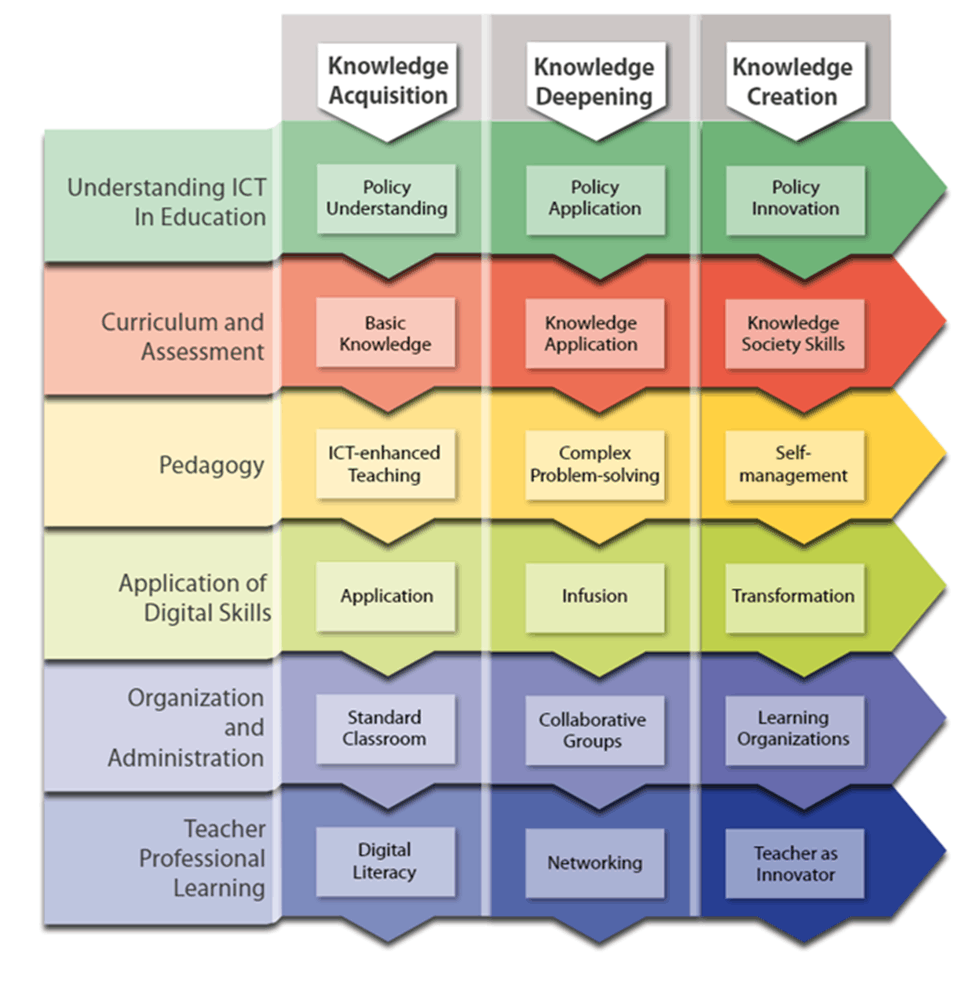
Another
ICT in education
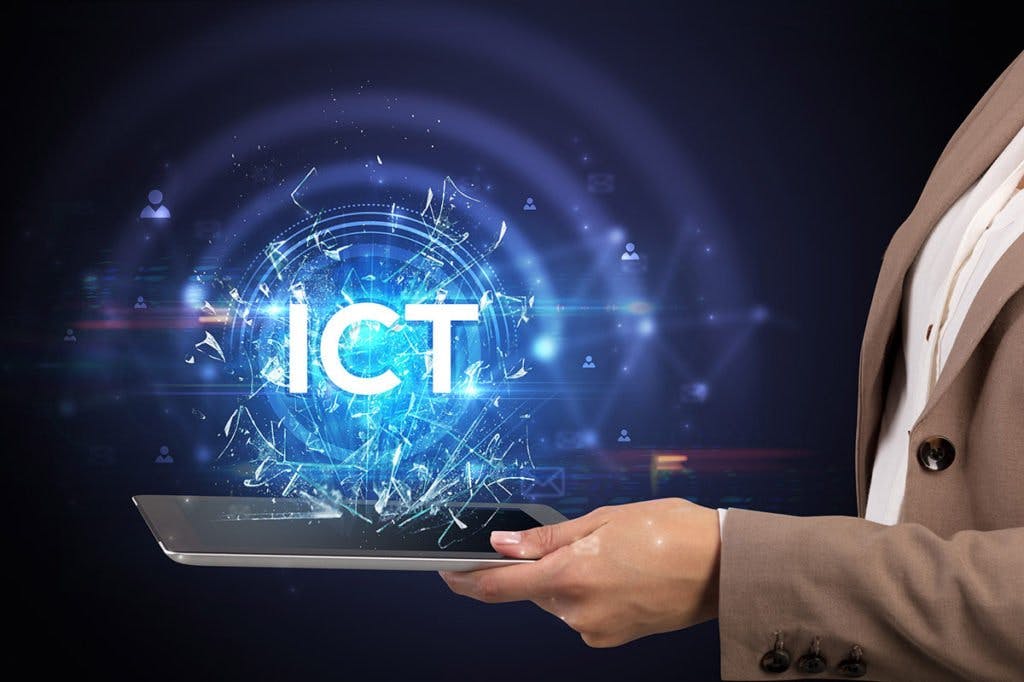
UNESCO supports the efforts of its Member States to design and install effective, evidence-based Information and communication technology (ICT) in education policies and master plans.
It believes that ICT can complement, enrich and transform education for the better. UNESCO works to ensure activities on the ground respond to the unique needs of countries and local communities alike.
Guided by collaborative and consensus-driven approaches with the inclusion of special care to support the most disadvantaged populations and guarantee the equity, quality, and relevance of education for all.
Mobile learning
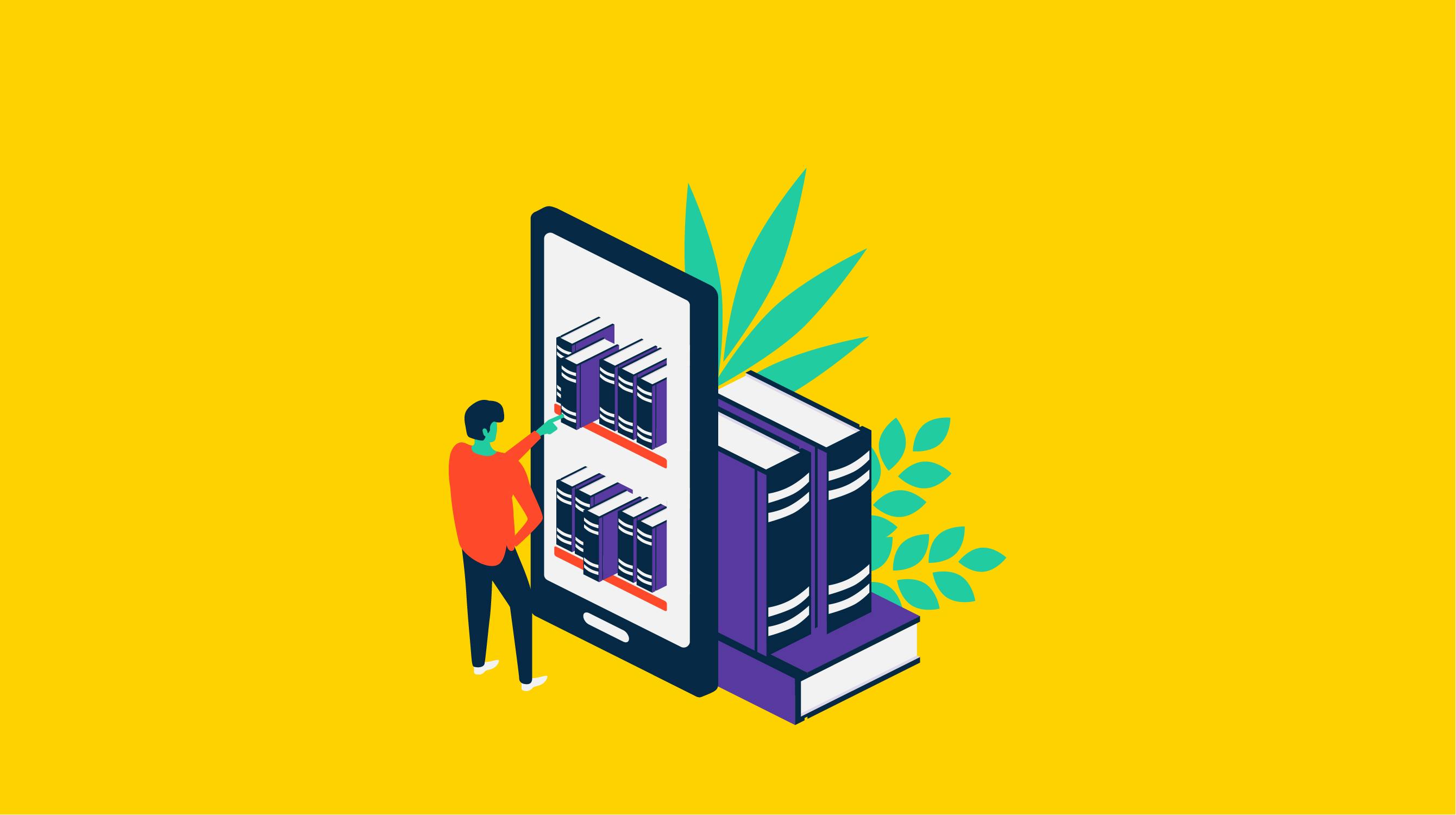 UNESCO’s mobile learning program examines the ways connected, portable, and affordable information and communication technology (ICT) can improve education and speed up the implementation of the Sustainable Development Agenda.
UNESCO’s mobile learning program examines the ways connected, portable, and affordable information and communication technology (ICT) can improve education and speed up the implementation of the Sustainable Development Agenda.
The organization works to help governments understand and harness the power of mobile learning to make learning more inclusive, more accessible, and fairer across life.
It puts forward policy recommendations and shares best practices, drawing on the careful analysis of mobile learning initiatives implemented around the world.
UNESCO also leads by example, launching field projects to test the viability of using technology to expand literacy, support teachers, empower women and girls, and enlarge learning pathways for refugees and other marginalized populations.
Artificial intelligence in education
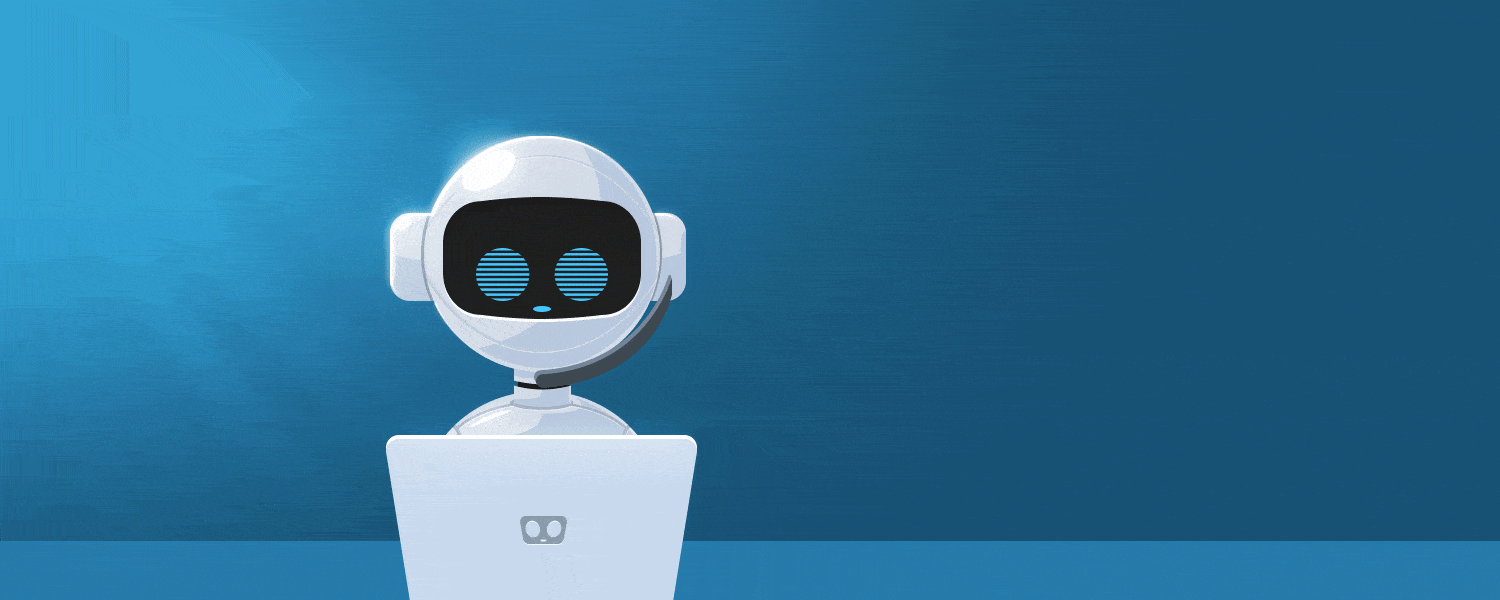
UNESCO recognizes the potential Artificial Intelligence (AI) has in addressing some of the biggest challenges in education today, including innovative teaching and learning practices.
These rapid technological developments bring many risks and challenges, which have outpaced policy debates and regulatory frameworks.
UNESCO’s mandate calls for a human-centered approach to AI.
It aims to shift the conversation to include AI’s role in addressing current inequalities in access to knowledge, research, and the diversity of cultural expressions and to ensure AI does not widen the technological divides within and between countries.
The promise of "AI for all" must be that everyone can take advantage of the technological revolution underway and access its fruits, innovation, and knowledge.
What can be done for full implementation?
For these technologies to be fully implemented in a country, it is paramount that
Elected lawmakers should pass laws that enhance the advancement of education with technology.
Philanthropists passionate about education should assist organizations, educators, and volunteers with resources in technology to help children, young adults, adults, and older people in communities to foster Edu-tech learning skills.
Edu-tech startups should be encouraged to thrive.
Education systems need to update and reform teacher preparation and professional development in ensuring that all teachers can harness technology for education. Innovative education is a continuous process.
That’s it for now.
For more information, visit the UNESCO website to read more.
Thanks for reading.
Also if you haven’t seen Abbot Elementary, check it out.
Bye.
Images Source:- Getty Images.
